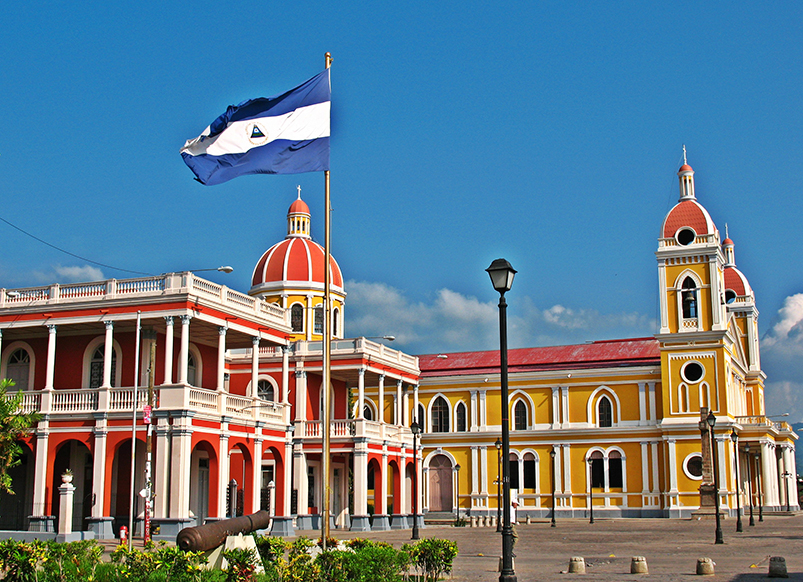Welcome to Nicaragua

Following strict IMF demands for cutting its deficit, implementing structural reforms, and maintaining overall monetary stability has helped Nicaragua’s economy grow. The successful completion of negotiations of the Central American Free Trade Agreement is also driving Nicaragua’s improvement in their infrastructure and position in the global marketplace. Tourism is also rapidly becoming one of the nation’s leading sources of income, as it was voted as the third best-value travel destination in the world in 2011 by Lonely Planet.
While most of Nicaragua's foreign buyers come from the United States and Canada, there have been an increasing numbers of European and Asian buyers as well. With a cost of living that is cheaper than in Costa Rica or Panama, a growing economy, and year-round sunshine, foreign buyers and retirees are being drawn to Nicaragua. Buyers seeking a retirement home or income property can find a magnificent colonial home in Granada as low as $150,000.
Living in the land of lakes and volcanoes can become an everyday adventure in Nicaragua. There are no restrictions on foreign ownership of property. Buyers pay a transfer tax equal to 1 percent of the purchase price, and an additional 1 to 1.5 percent in legal fees goes to the lawyer who researches the title and draws up the closing documents. The seller usually pays the real estate agent's commission, which is 3 to 6 percent for a home. All Nicaragua real estate purchases must be witnessed by a local attorney, and all documents are obtained from the Catastral office; property registration takes place at the public registry.

